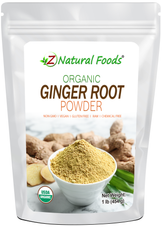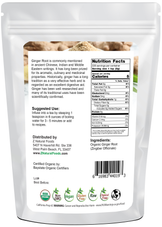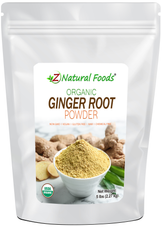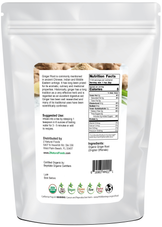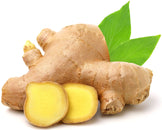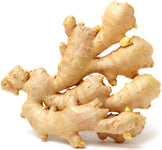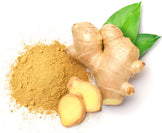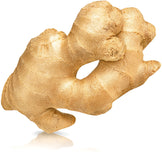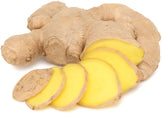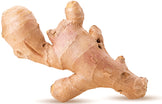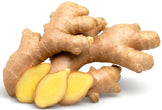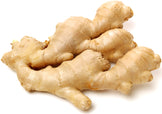Vertigo

Vertigo is a complex neurological symptom characterized by a subjective perception of rotational motion or spatial disorientation. It is often attributed to aberrations in the vestibular system of the inner ear or disruptions in neural pathways within the central nervous system (Harvard Medical School Clinical Research Programs). Three primary classifications of vertigo have been identified: peripheral vertigo, central vertigo, and benign paroxysmal positional vertigo (BPPV).
Peripheral vertigo is the most prevalent form and is commonly associated with imbalances in the inner ear (World Health Organization, 2020). Various etiological factors, such as the dislodgement of calcium crystals in BPPV and the confluence of hearing loss and dizziness in Meniere's disease, have been elucidated (U.S. Food and Drug Administration, 2019). Traditional Chinese Medicine (TCM) offers additional perspectives, identifying three patterns of disharmony that may contribute to vertigo: Kidney Yin deficiency, Liver and Kidney Yin deficiency, and Phlegm accumulation (National Institutes of Health, 2018). These TCM paradigms are supported by clinical studies exploring vertigo's multifactorial nature (Journal of Vestibular Research, 2017).

Categorieswhen you select any items page will be refresh and focus will be move out of the page
Health Concerns
Ginger Root Powder - Organic
Organic Ginger Root Powder is made from the dried root of the ginger plant, offering a warm, spicy-sweet flavor with a zesty ar...
Current price$17.59
Recently Viewed Products
Feel Better. Look Better. Be Better.
Get on the list for actionable Health & Nutrition advice every week.

